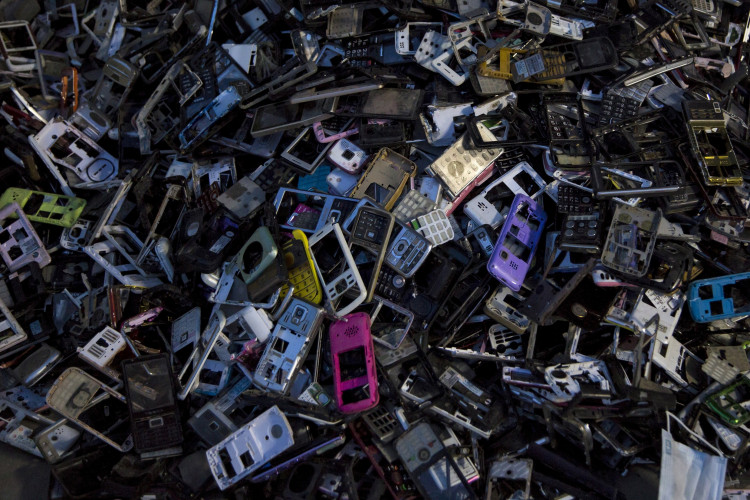Chinese scientists on Tuesday called for awareness on chemicals leaking from computer screens in residential settings. They said a large number of the chemicals in question may be dangerous to the health and the environment.
According to the South China Morning Post, chemistry professor Su Guanyong and his colleagues at the Nanjing University of Science and Technology found out that 87 of the 360 types of chemicals present in mobile and computer screens could pose health and environmental risks.
The study's findings came just a day after a new report from the Proceedings of the National Academy of Sciences indicated that an unexpected mutation in animal cells took place when the animals were exposed to the chemicals in liquid crystal displays (LCDs).
Aside from the health of animals and an alteration in their genes, there is also the possibility that humans exposed too much to the chemicals will develop certain medical conditions such as eye and skin-related issues.
While studies have been popping out regarding the potential links in LCD screen chemicals and environmental effects, "nobody has looked beyond the brightness to unveil the dark secrets behind," Su argued.
In Su and his colleagues' research, they found out that 87 of the chemicals used during the manufacturing of LCD screens maybe "persisting organic pollutants" that could take many years before reaching the decomposition stage.
Su clarified that in their study, they did not mention any smartphone brand because they had to make it clear that the problem with the LCD screens was not just in single or multiple circles of phone makers. Instead, it was "the whole industry."
The scientific experts further noted that the strongest exposure of the potentially dangerous pollutants were in the home, with the lowest levels pinpointed in classrooms, a dormitory, and a particular canteen.
Industry experts noted that further investigations are being carried out on the possibility that there are other high-percentage exposure areas besides the home. However, Su and his colleagues said electric device recycling plants may have very high pollutant emissions.
Broken smartphones dumped in recycling plants can pose threats not just to animals and the environment, but to people exposed to the chemicals in LCD screens as well.
Amid calls for a transition in the smartphone and computer industry, China and Japan pledged over the weekend that the two countries will cooperate in helping save the environment.
Japanese Minister of Economy, Trade, and Industry, Hiroshi Kajiyama, noted that "expectations are high" for the two economic giants to work together in resolving global issues.
China and Japan vowed to drive interest on the use of more electric vehicles as well as the promotion of hydrogen utilization in the energy industry.





